Avian Flu H5N1 in Mammals - Current situation.
While rare, mammals can be infected with highly pathogenic avian influenza (HPAI) A(H5N1) (“H5N1 bird flu”) viruses. Reports of these sporadic infections in mammals have occurred globally amid widespread outbreaks of bird flu infections in wild birds and poultry.
Specifically, recent HPAI A(H5N1) infections in mammals have been detected in several herds of cows in the USA, sea lions in Peru and Chile, sea elephants in Argentina, alpacas at an Idaho farm and foxes in Canada, France, and other countries. More recently it has been detected in house mice which is causing concern. Dozens of cows infected with bird flu have either died or been slaughtered in Colorado, Ohio, Michigan, South Carolina and Texas, which is unusual since—unlike poultry—cows cost more to slaughter.
The wide geographic spread of HPAI A(H5N1) viruses in wild birds, poultry, and some 48 mammal species, including in cows, could create additional opportunities for people to be exposed to these viruses. Therefore, there could be an increase in sporadic human infections resulting from bird and animal exposures, even if the risk of these viruses spreading from birds to people has not increased. CDC believes the current risk to the general public from bird flu viruses is low. People who have job-related or recreational exposure to infected birds or animals, including cows, are at greater risk of contracting HPAI A(H5N1) virus and therfore need to take precautions and improve bio-security.
Situation in USA
H5N1 bird flu is a virus that has recently been detected for the first time in cows. As of beginning of Jan there have been 1000+ herds across 17 states in which H5N1 has been detected. Additionally 60+ farm workers have been infected with the A(H5N1) virus. On a single Texas dairy farm in April, out of 24 cats known to have contracted H5N1 twelve of them died. Postmortem examinations revealed signs of “severe systemic infection” in the dead animals’ bodies – including lesions on their hearts, brains, eyes, and lungs. The cats are thought to have become infected after consuming the sick cows’ raw milk.
The virus can infect people who work with infected animals or their byproducts (e.g., raw milk), such as dairy workers. This virus has been found at high levels in the raw milk of dairy cows and also in the lungs, muscle, and udder tissue of cows. This virus is spreading among dairy cows, in multiple U.S. states. If you work with dairy cows, or other animals that could be infected with H5N1 bird flu, there are actions you can take to reduce your risk of infection and extra bio-sceurty measures have been put into place.
Researchers from the University of Wisconsin-Madison, Wisconsin Veterinary Diagnostic Laboratory, and Texas A&M Veterinary Medical Diagnostic Laboratory used mice to test whether HPAI H5N1 found in raw milk can cause infections. The good news is to date, there hasn’t been evidence that commercially pasteurized milk poses an infection risk.
The researchers also stored raw milk infected with H5N1 in refrigerated conditions (4°C, or 39°F) for 5 weeks and found only a small decline in virus levels. This shows that the virus can likely remain infectious in raw milk when maintained at refrigerated temperatures.
Finally, the scientists fed milk from a cow infected with an HPAI H5N1 strain to five mice. All animals showed signs of illness by 1 day after exposure to the milk. When the team examined the animals’ organs 4 days after infection, they found HPAI H5N1 throughout their bodies, including the nasal passages and lungs. The results suggest that consumption of raw milk may pose a risk for H5N1 infection.
A contract to supply an influenza vaccine to offer immunity against the deadly H5N1 virus has been put out to tender by the UK Health Security Agency, to be held in stockpile in case of an outbreak.It would be ready for use from this December “in the event of zoonotic infections and for use in response to the entry of H5 influenza into the UK population”. The move by the UK follows the European Commission signing a deal for 40m doses.
Last updated: 11/04/25
Read More








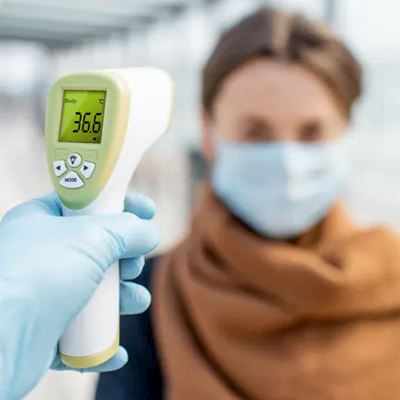

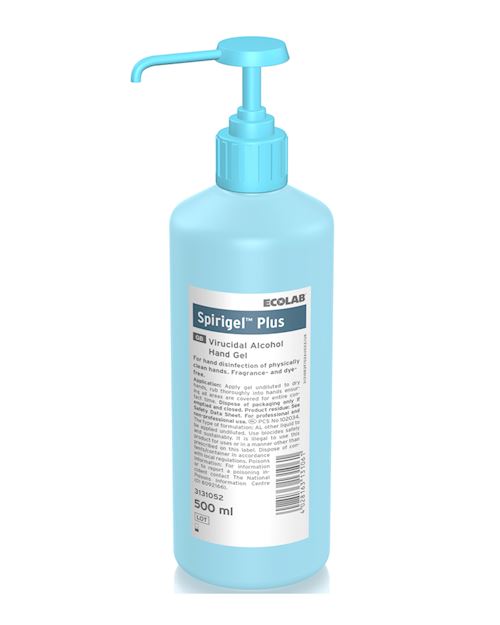
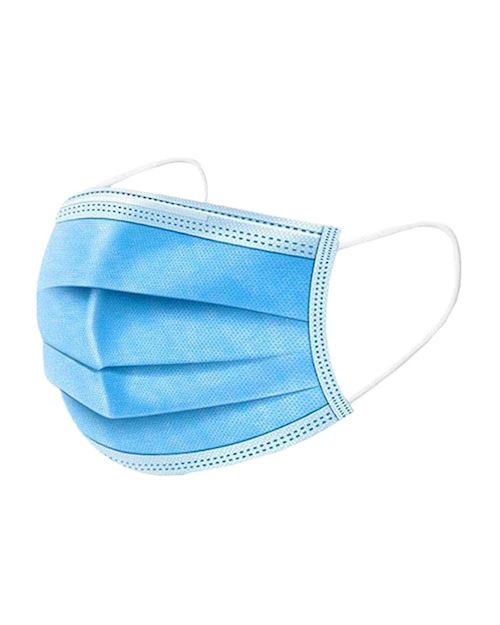
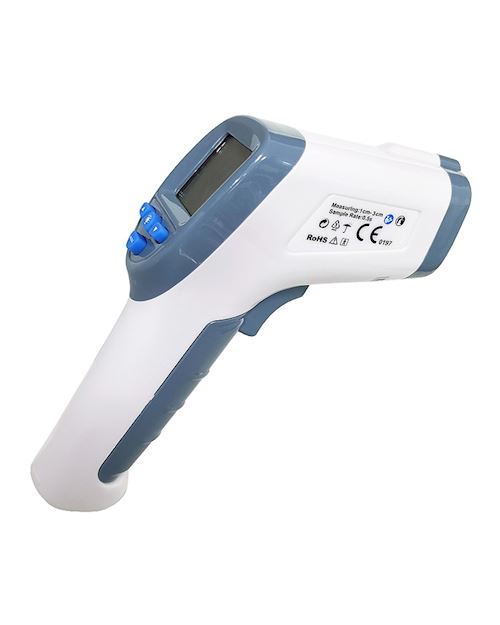

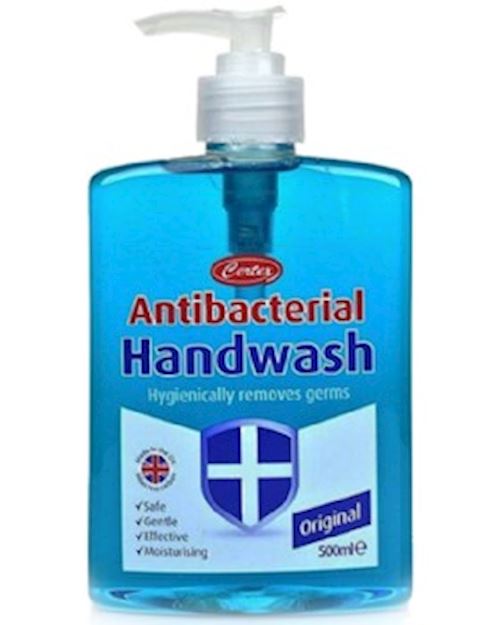
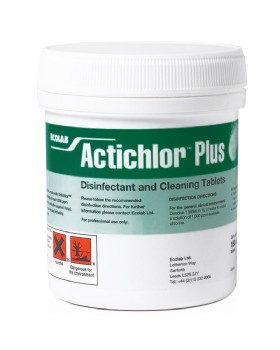

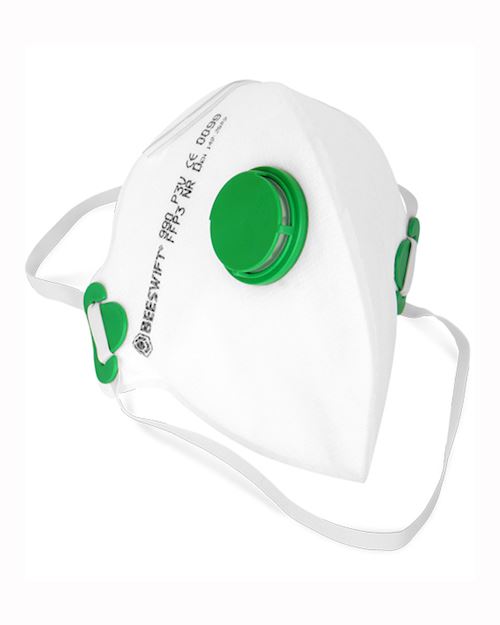
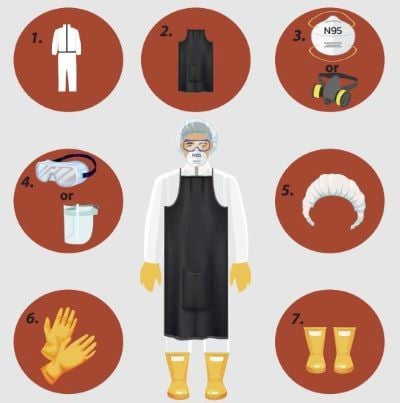

Join our newsletter list and be first to get our offers & deals